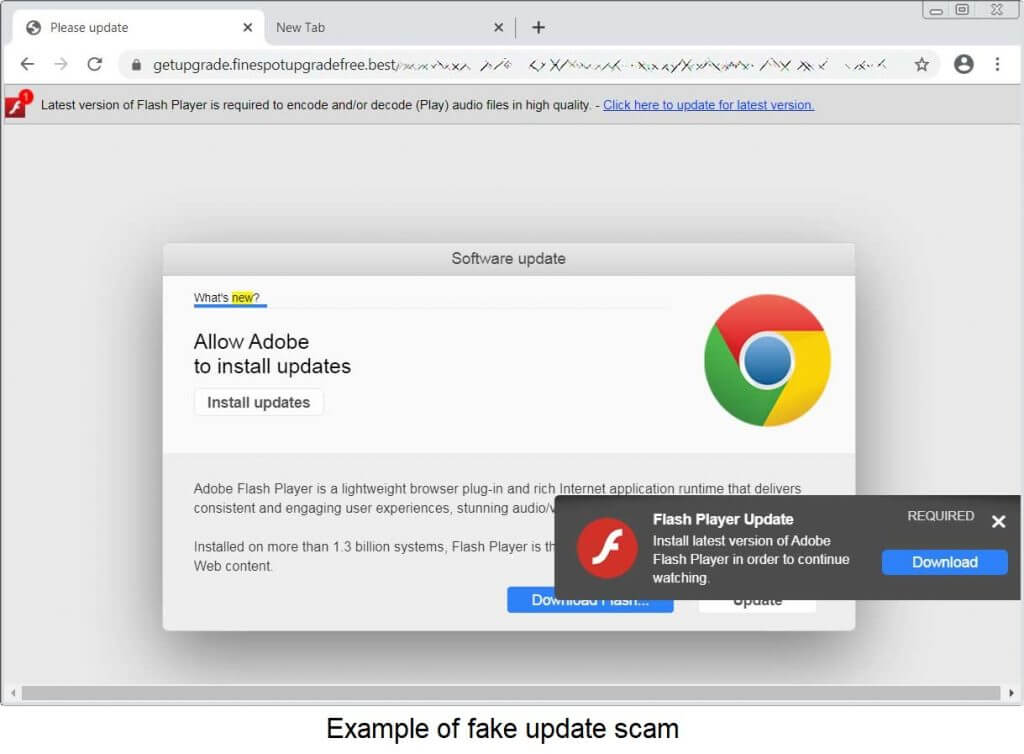

That's the zero-day that has already been confirmed as exploited by cyber-criminals. According to Microsoft, version 1.49 contains a fix for CVE-2022-2294. So, I'm very pleased to be able to update this article with the news that Microsoft has already rolled out an update for Edge users. MORE FROM FORBES Microsoft Downplays 'High-Risk' Edge Security Warning For 150 Million Users By Davey Winder A delay of 24 or 48 hours isn't unusual and sometimes has been much longer, and that's time enough for someone to potentially step through that open threat window. I have been relatively vocal in the recent past that these critical updates take far too long to arrive with Edge users. Microsoft Edge is the biggest of these by user number.

The same advice applies to users of other web browsers that use the Chromium engine under the hood. Restarting your browser will activate that protection or kickstart a download if not already waiting to be installed. If you tend to keep a desktop browser open for days or weeks on end without shutting down your computer, this doesn't mean an automatic update will actually be protecting you. Hopefully, your copy of Google Chrome for both Windows and Android should have been updated by now. Remember that you will not be protected until you restart your browser. You can do this by heading for the Help|About option in the Chrome menu, forcing an update check, and automatically downloading and installing it as required. Windows users are advised to install the Chrome update as a matter of some urgency.

“Above all,” Taylor writes.Windows users of Chrome need to update right now Davey Winder Even after installing an update, Chrome and Chromium-based browsers must be restarted by users before they are protected. Chrome cannot protect itself automatically. Taylor notes it has already dropped from 35 days in Chrome 76 to an average of 18 days today with further plans to reduce this in the works.īut much of Google’s good work in the face of these growing attacks still relies on the user, and here Taylor issues a warning.

There’s also the question of complexity with Taylor noting that “there’s simply the fact that software has bugs Browsers increasingly mirror the complexity of operating systems - providing access to your peripherals, filesystem, 3D rendering, GPUs - and more complexity means more bugs.”įor its part, Chrome is stepping up its release cycles to try and cut the “patch gap” between zero-day hacks and their fixes becoming available.


 0 kommentar(er)
0 kommentar(er)
